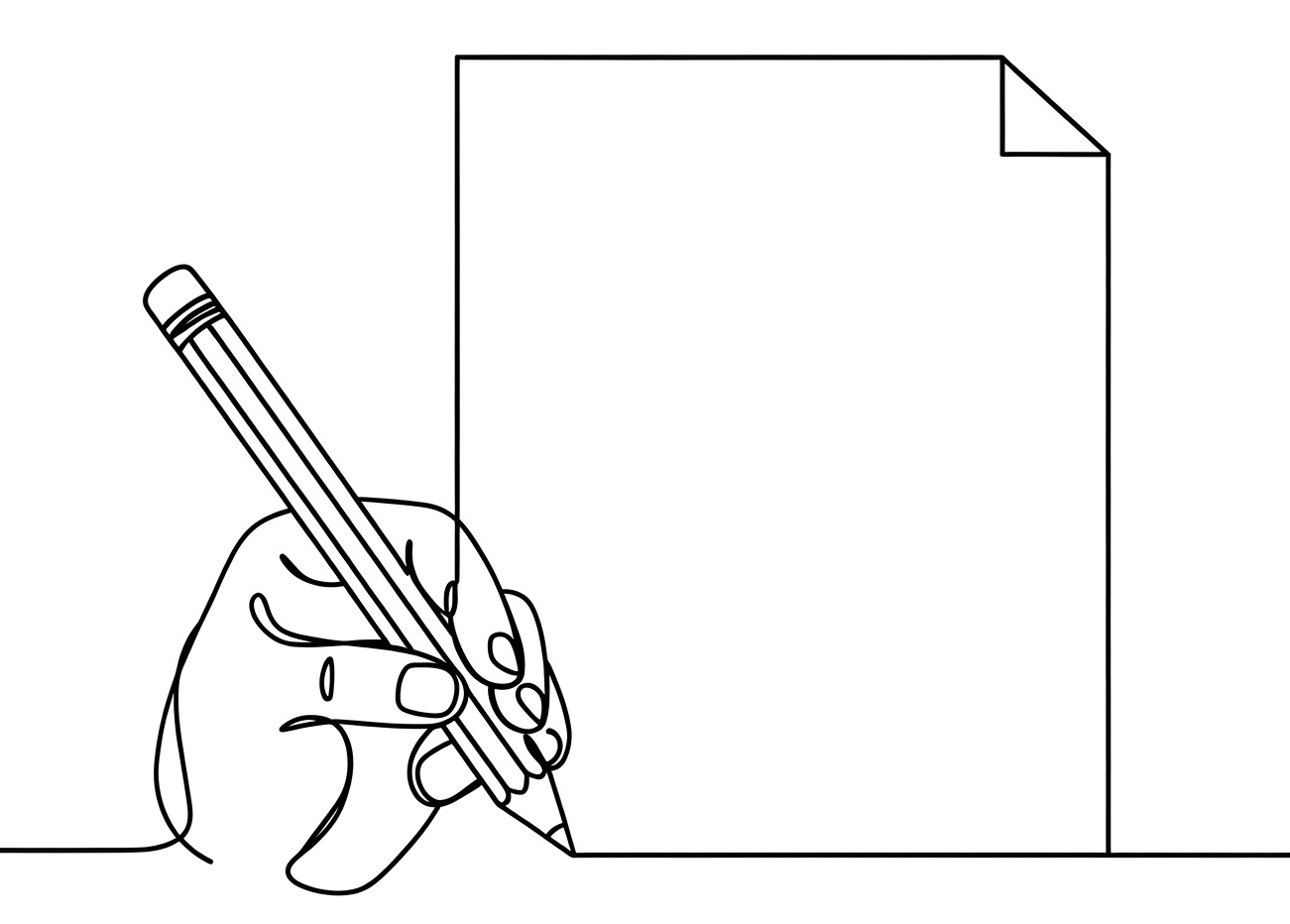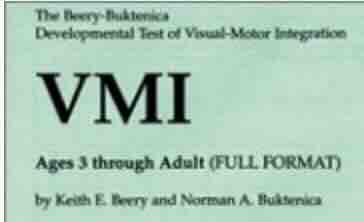Beery-Buktenica Developmental Test of Visual-Motor Integration (VMI)
Contact us for more information at 917-227-9447
The Beery-Buktenica Developmental Test of Visual-Motor Integration (VMI) is a standardized assessment that helps us understand how well a child can coordinate their visual perception (what they see) with their motor control (how they move their hand to draw or write). In simple terms, it looks at how well a child can copy shapes and patterns, which is a foundational skill for things like handwriting.
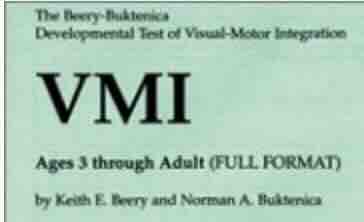
How the brain coordinates visual information with hand movement.
Visual-Motor Integration
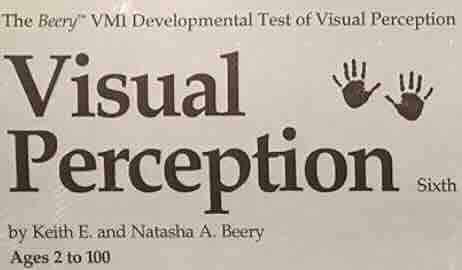
How well the child can see and understand visual details and differences, without needing to use their hands.
Visual Perception
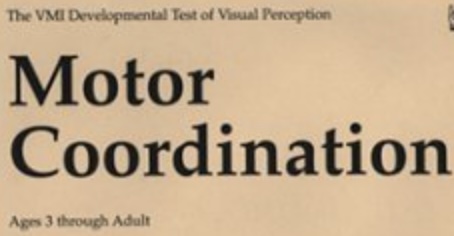
How precisely a child can control a pencil or crayon to stay within lines, showing fine motor control.
Motor Coordination
How does this relate to handwriting?
Handwriting is one of the most complex tasks a child has to learn. It requires:
- Seeing letters or words (visual input),
- Understanding what they look like and how they’re formed (visual perception),
- Reproducing them accurately with a pencil (motor coordination), and
- Putting all of that together quickly and smoothly (visual-motor integration).
If a child struggles with visual-motor integration, you might see handwriting that’s:
- Poorly spaced or slanted,
- Inconsistent in size or shape,
- Difficult to read,
- Slow or fatiguing to complete.
The Beery VMI helps us pinpoint where the breakdown is happening. For example, is the child seeing the letters correctly but struggling to reproduce them? Or are they having trouble with visual discrimination or motor control?
By identifying the underlying challenges, we can target the right supports—whether that’s working on hand strength, visual skills, or both. It’s a valuable tool in early identification and intervention, especially for kids who are having difficulty with writing, drawing, or keeping up in class.
